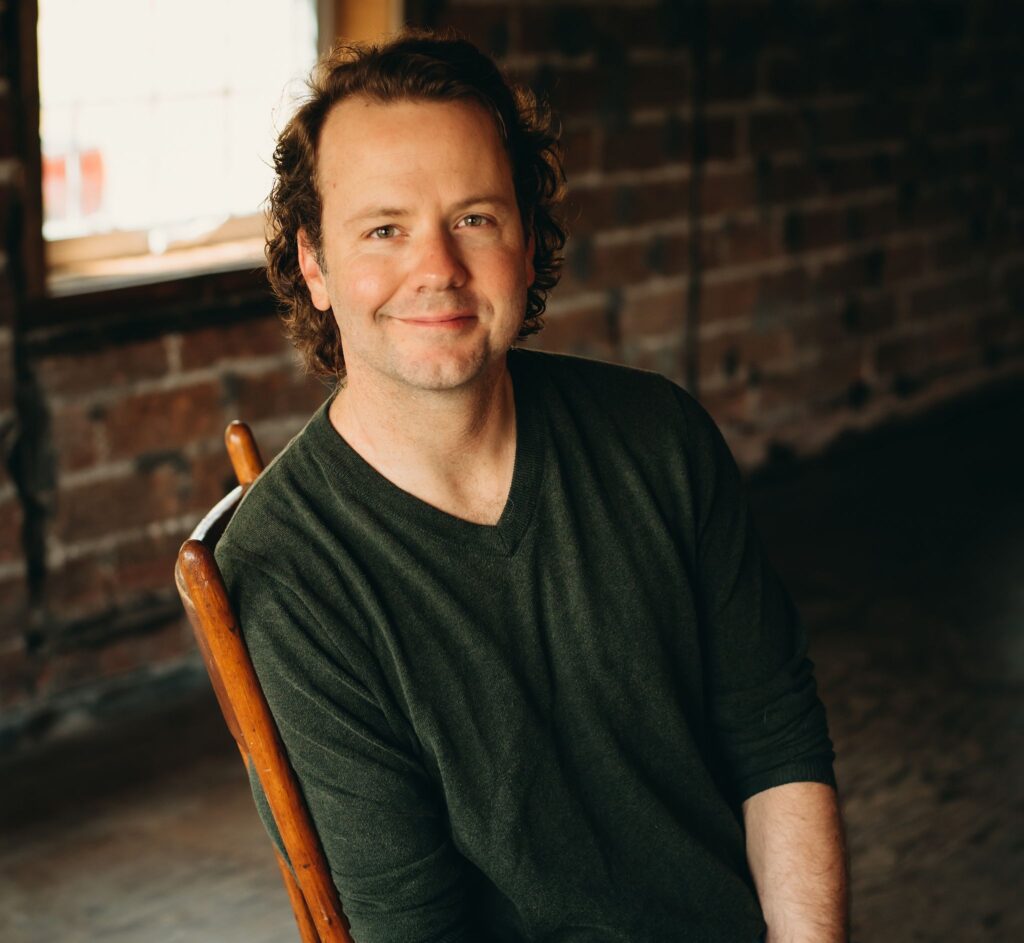Anything created in relationship can be healed in relationship
At East Peoria Counseling we work with Individuals, Couples, and Groups to find understanding, build skills, and encourage growth. We specialize in addiction, depression, and anxiety.

Roughly ten years in this field taught me to have faith in humanity. Stories told in therapy are often heart breaking, but it is always in moments of deep expression that growth and healing find their way. I’ve heard profound wisdom and witnessed tender support in rooms full of hurting individuals; grace exhibited not by sages but just regular folk. I cannot help but remain forever optimistic about being a human. Yes we get lost, we get hurt, resentful, and we do damage, we even cling to things which cause it. But witnessing and supporting others to heal through deep hurt showed me that finding our way again is more about opening our hearts than disciplining our behaviors. In therapy my goal is to understand and for you to feel deeply understood.
Kyle Pearson LCPC NCC CADC
Addiction
Rebuilding relationships, understanding how it all happened, mapping out specifics of relapse prevention, coping and communication skills; its all going to be on the list at some point. The important thing is just getting started. When you’re ready, we’re here for you.
National rates of substance use are staggering, thankfully treatments are becoming more individualized, more nuanced, and just all together better. The breadth and depth of research on addiction and addiction treatment has surfaced some pretty outstanding guidance for those looking to build coping skills other than substance use. Motivational Interviewing, Cognitive Behavioral Therapy, Dialectical Behavioral Therapy, Twelve Step, and Family Systems models are amazing tools for the addiction treatment practitioner. For any considering counseling to address substance use remember the relationship between client and therapist is the most significant factor in successful treatment. So don’t be afraid to try more than one therapist.


